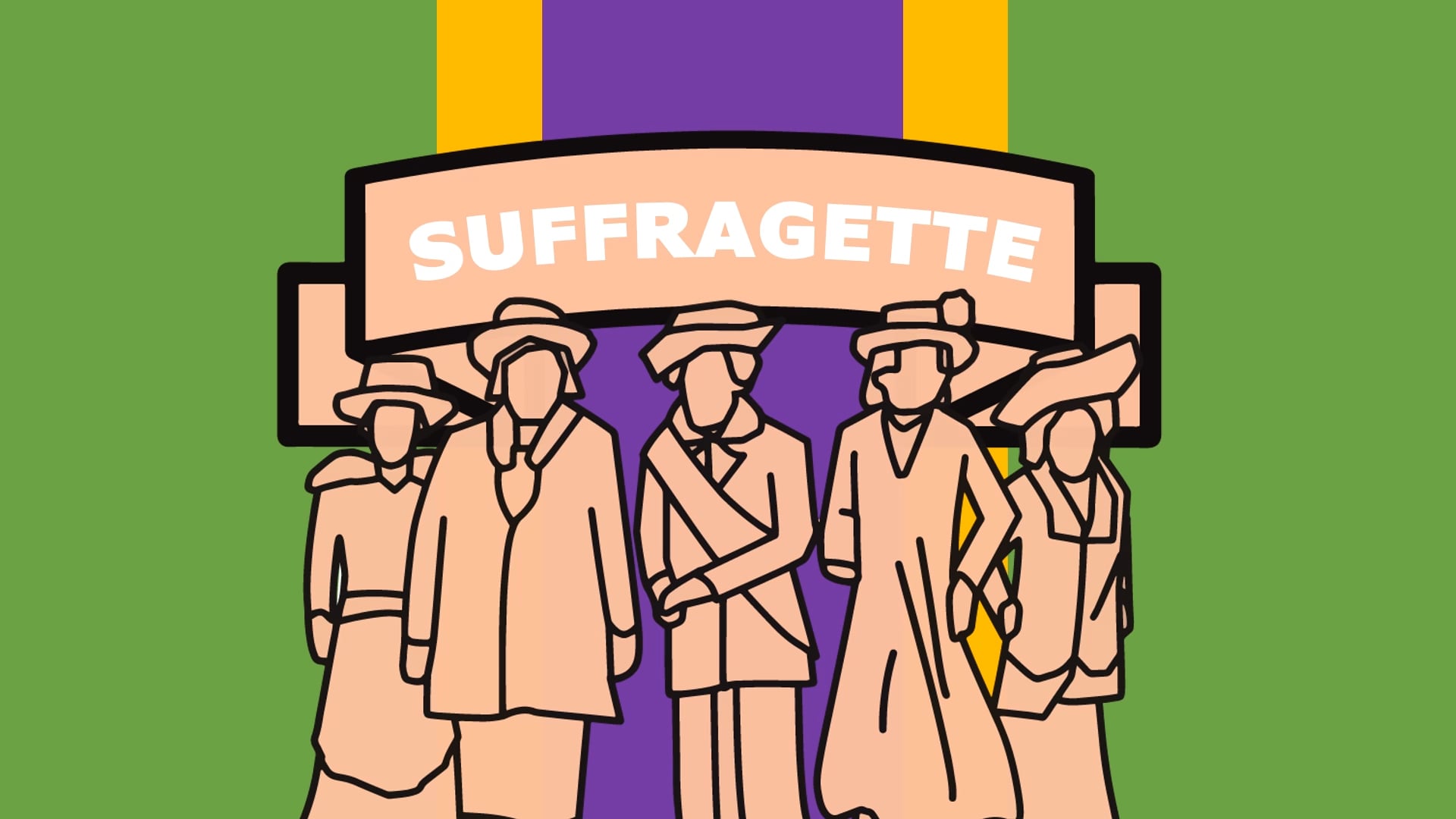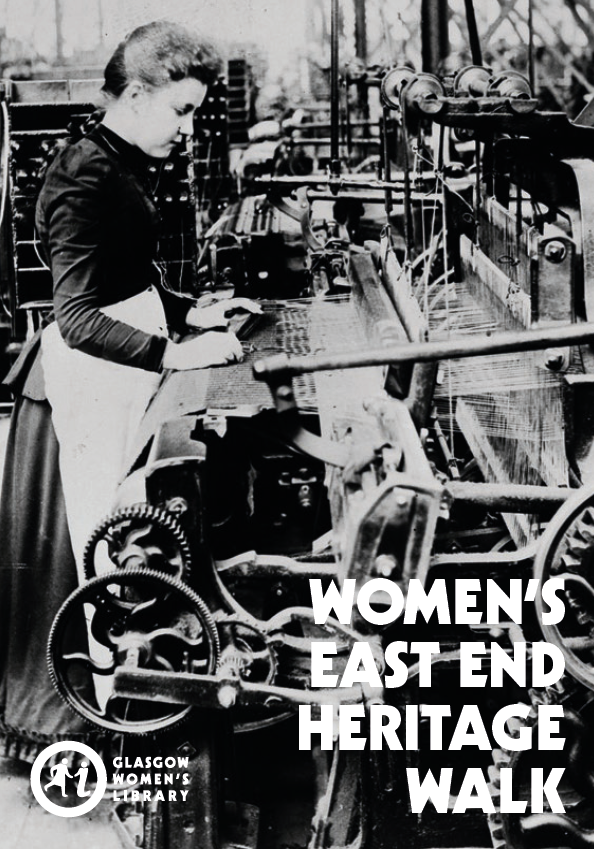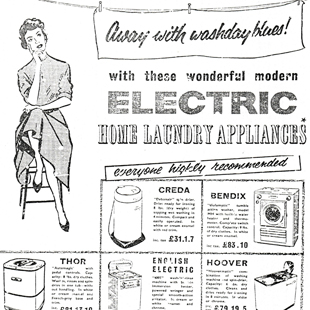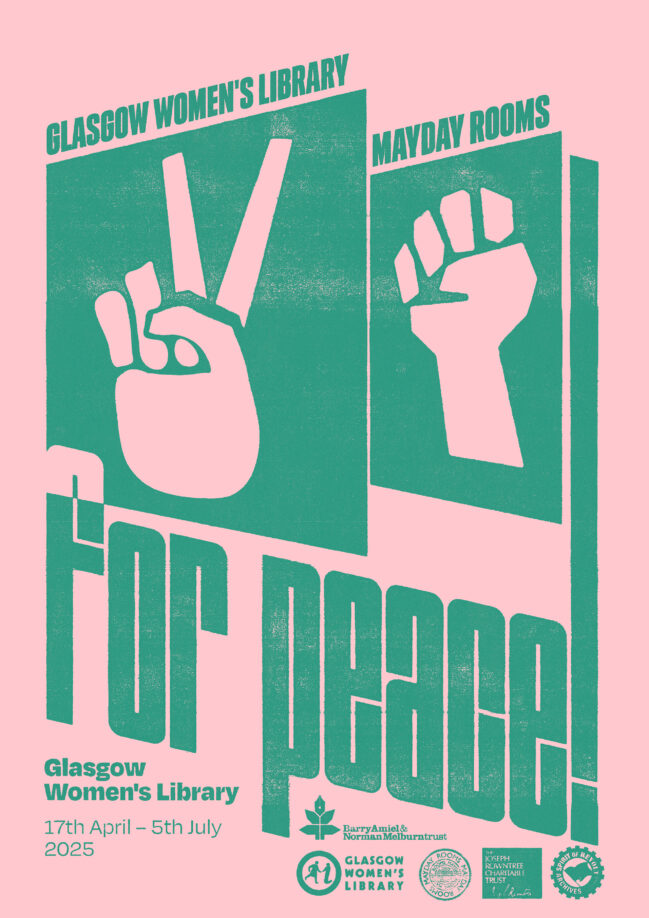This blog on the Edinburgh Women’s Centre Archive will explore a couple of the women’s groups that were involved in supporting women in work. Again, such sentiments were intrinsic to the Women’s Liberation Movement; ‘Equal Pay’, ‘Equal educational and job opportunities’ and ‘Legal and financial independence for all women’, being three of their seven demands. Women and Manual Trades (WAMT) and the Working Women’s Charter Campaign were two groups involved in helping women in work in Edinburgh. Before starting my placement, I hadn’t come across much research on such groups, especially in Scotland. Perhaps you’re like me, so here’s a little on each to pique your interest.
The Working Women’s Charter Campaign was established in London in 1974, constituting a 10-point charter that called for equality across a range of issues from pay and opportunity, maternity leave and free abortion to the involvement of more women in trade unions. The charter was quickly adopted by a range of women’s groups across the UK, with Edinburgh being no exception. This newspaper clipping from October 1974 demonstrates one of the strategies used by Edinburgh Women’s Liberation, when they organised a public meeting to discuss the aims of the charter. It was open to all women in the hope of gaining support from as many individuals as possible. Unfortunately, the charter took a blow when it was rejected by the TUC in 1975. However, the ‘personal is political’ was at the core of the women’s movement. With this understanding that the social and economic were inextricably intertwined, they continued to fight for women’s rights in and outside of the home. As a young woman who will be entering the world of work soon myself, it’s inspiring to see the roots of the struggle for equality within the labour market. Though much progress has been made, there is still a long way to go.
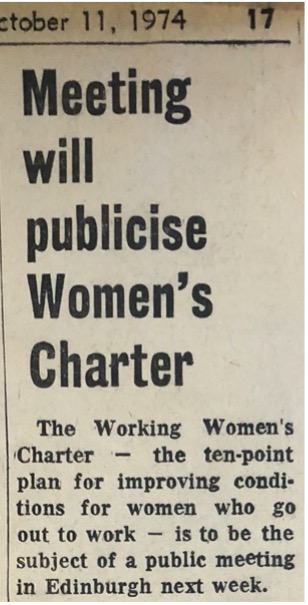
Women And Manual Trades (WAMT) is another group who were active in Edinburgh hoping to encourage women into traditionally male dominated trades. They kept in contact through regular meetings, produced a newsletter and a register of those women involved in a trade who were available to contact. Support was provided for women fighting Equal Opportunity and Sex Discrimination cases. They not only worked with adults but having carried out research on education, travelled to schools to provide information on career alternatives and opportunities to girls who were not being encouraged to take up certain ‘boy’ subjects. There continues to be a dearth of women in manual trades today, which is why I found this group of particular interest. However, though it is easy to fall in to assessing the success of Women’s Liberation campaigns by comparing then and now, what’s changed, what hasn’t, it’s easy to forget the personal effects the movement had on women at the time. A line from WAMT’s information bulletin highlights this with one woman writing that “just getting together and talking about our interests has been valuable moral support”.

